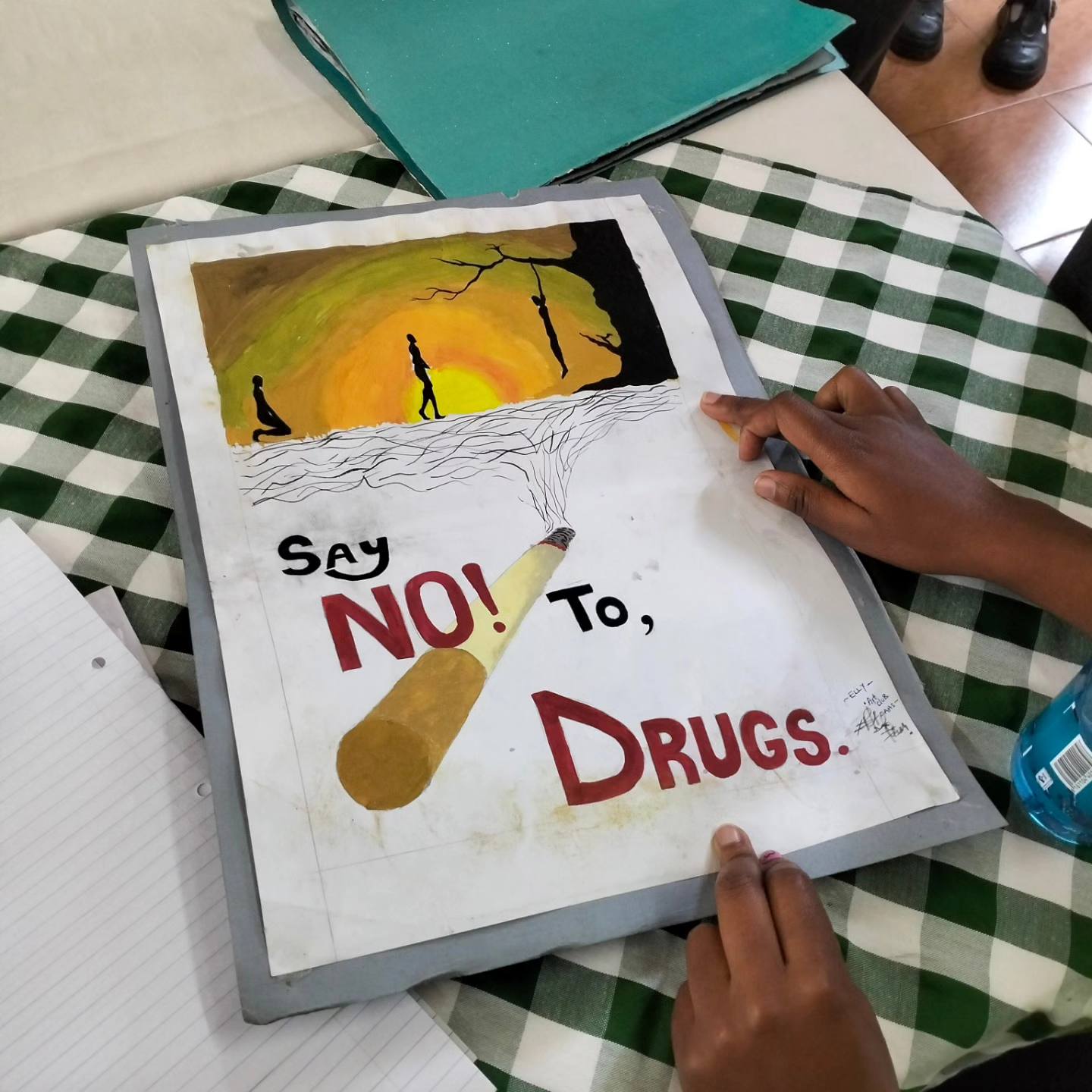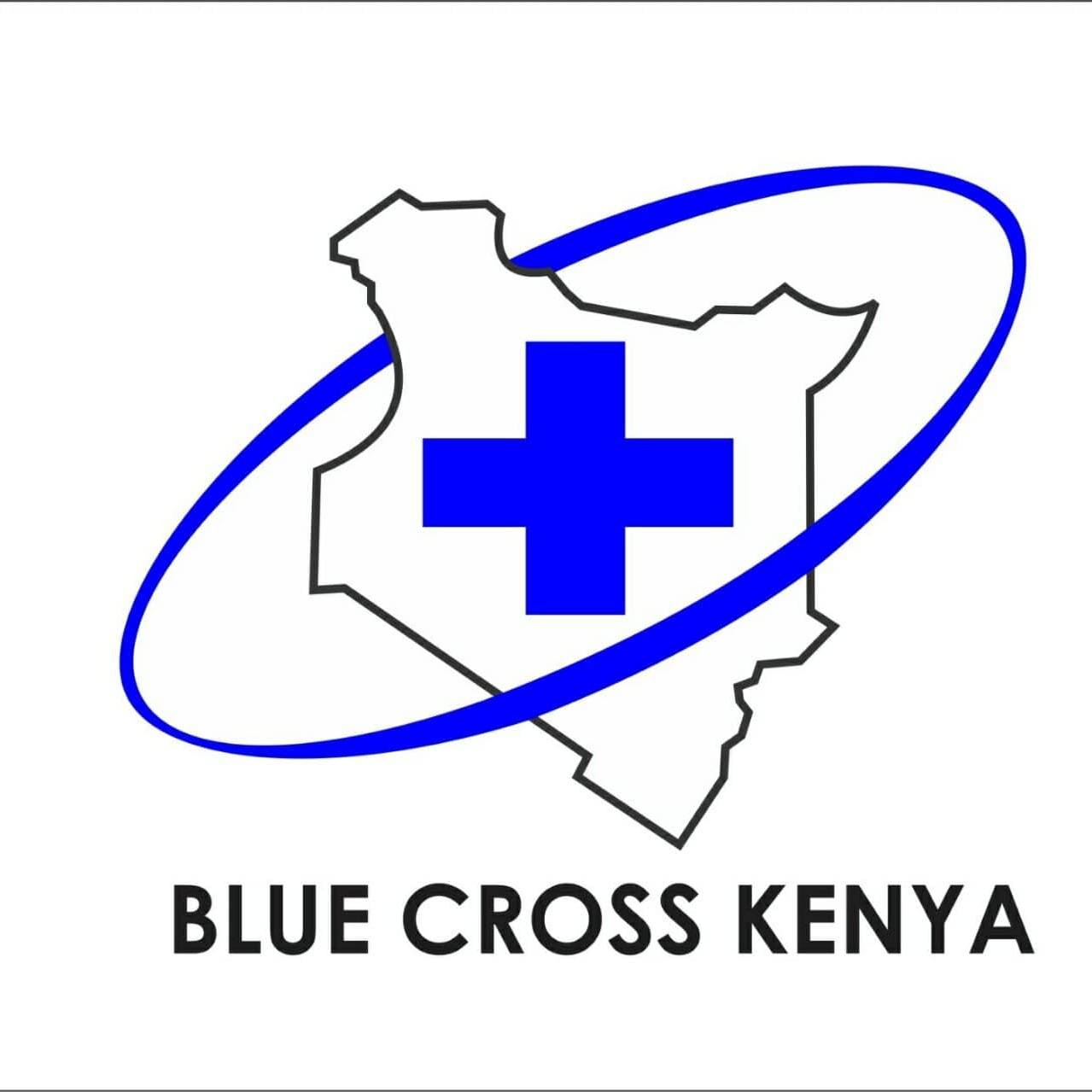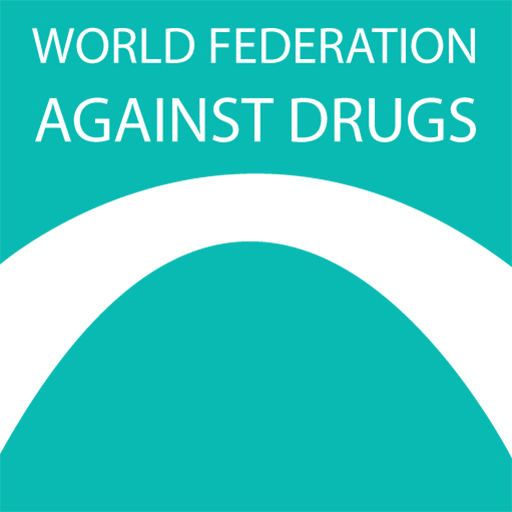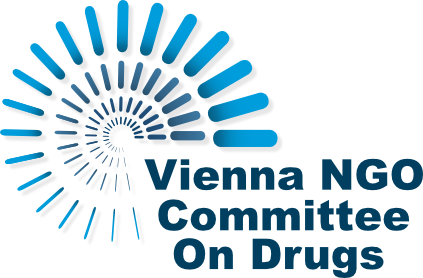Education.
Our goal is to implement evidence-based programs and activities that reduce the risks of substance use among children and young people through skills, knowledge and opportunities to practice healthy living SCAD is committed to ensuring children and young people remain healthy, sober, and thrive in supportive environments. We focus on prevention, equipping young Kenyans with knowledge, skills, and tools to avoid substance use and make informed decisions about their well-being
We implement Life skills education programs in schools and communities, reducing the risk of substance use among youth. These programs empower young people to resist peer pressure, handle media influences, and cope with life's challenges healthily. Our approach involves collaborations that provide youth with the foundation for healthy, sober lives.
Promoting positive parenting is a key strategy, utilizing social media, mainstream media, and parent meetings. We recognize parents as crucial agents of change and behavior formation. Our efforts support parents in creating warm, supportive homes conducive to healthy child and youth development, equipping them to guide their children through difficulties that could lead to substance use.
We emphasize the vital role of schools in supporting youth sobriety. We encourage active involvement of teachers in providing appropriate drug education and fostering an environment that discourages substance use. By bridging the gap between parents and educators, we aim to create a comprehensive support system for healthy lifestyles and substance use prevention.
Our programs amplify artistic expression opportunities as alternative coping mechanisms for youth. Through art, music, and drama, young people can express emotions and experiences healthily, reducing the likelihood of substance use. We also promote outdoor activities like camping to foster resilience and build connections among peers, both locally and internationally. These activities develop crucial life skills such as teamwork, problem solving, and stress management in engaging settings.
We foster partnerships with local and international organizations to enhance prevention efforts, provide technical assistance and capacity building, and develop evidence-based training programs and resources. This comprehensive approach aims to equip professionals and community members with the tools needed to effectively address substance use challenges and reduce its prevalence in our communities.







